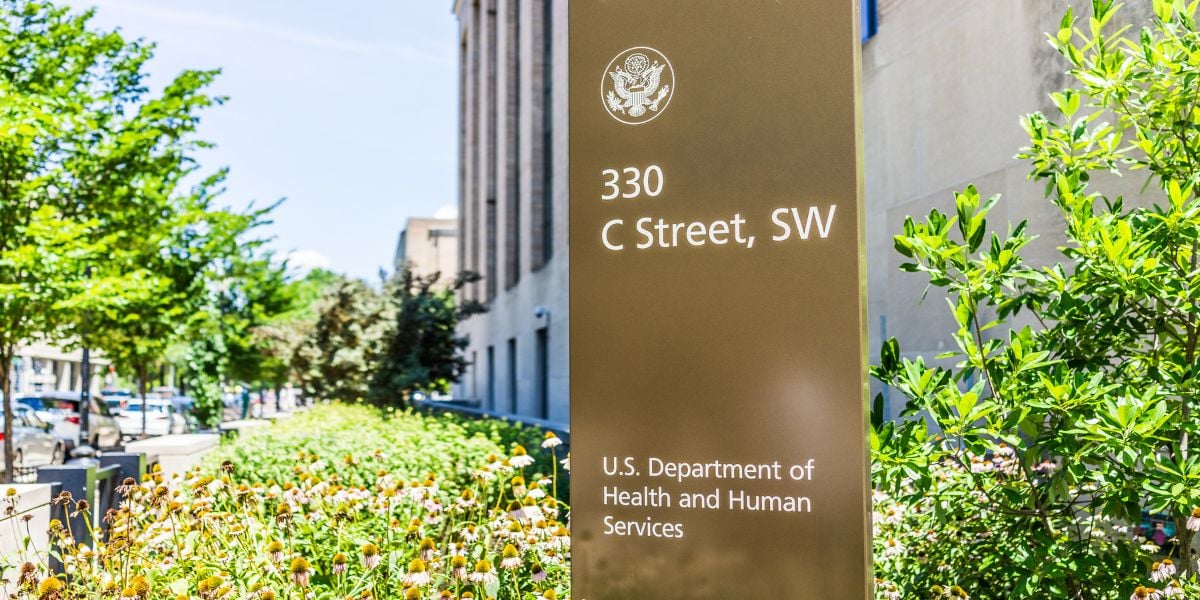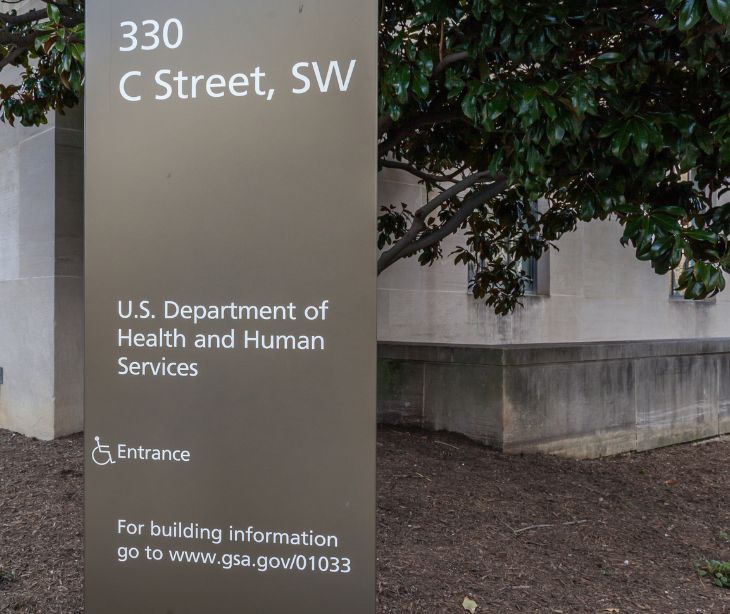
The Health Insurance Portability and Accountability Act (HIPAA) is a cornerstone in preserving the privacy and security of patients' protected health information (PHI). As healthcare providers, health plans, healthcare clearinghouses, and their business associates are subject to HIPAA, understanding the enforcement process is crucial.
We will explore the key agencies involved in upholding HIPAA regulations, delve into the various methods used to guarantee compliance and provide insights into how enforcement takes place.
The Office for Civil Rights takes the lead
The primary agency tasked with enforcing HIPAA is the Office for Civil Rights (OCR), which operates within the U.S. Department of Health and Human Services (HHS). OCR's primary responsibilities include investigating complaints, conducting compliance reviews, and taking enforcement actions when necessary to ensure adherence to the Privacy, Security, and Breach Notification rules.
When a complaint is submitted, or a potential violation comes to light, OCR conducts an investigation to determine if HIPAA regulations have been breached. If a violation is identified, OCR can impose a range of penalties, from mandating corrective action to issuing significant fines. In some instances, OCR may also refer the case to the Department of Justice (DOJ) for criminal prosecution.
Related: HIPAA Compliant Email: The Definitive Guide
The state attorney general steps in
State attorneys general have the authority to enforce HIPAA on behalf of residents in their respective states. They can initiate civil actions against covered entities or business associates who violated HIPAA regulations.
Other federal agencies: FTC and CMS
While OCR leads HIPAA enforcement efforts, other federal agencies may also be involved in enforcing specific provisions of the act. The Federal Trade Commission (FTC) can enforce consumer protection laws intersecting with HIPAA, such as taking action against organizations that engage in deceptive practices related to privacy and security of PHI.
Related: BetterHelp fined $7.8M and banned from sharing sensitive data
Additionally, the Centers for Medicare & Medicaid Services (CMS) play a role in enforcing HIPAA compliance, particularly regarding the Transactions and Code Sets Rule and the Unique Identifiers Rule.
These rules govern the standardized electronic transmission of health information and the use of unique identifiers for providers, health plans, and employers, respectively. CMS investigates complaints and conducts compliance reviews to ensure adherence to these rules.
What are the methods of HIPAA enforcement?
HIPAA enforcement is conducted through various methods, including:
- Complaint investigation: OCR investigates complaints filed by individuals who believe their HIPAA rights have been violated. Complaints can be submitted through the HHS website.
- Compliance reviews: OCR may proactively initiate compliance reviews, examining a covered entity or business associate's practices to ensure they meet HIPAA requirements.
- Corrective action: If a violation is discovered, OCR may require the organization to take corrective action, such as implementing new policies, providing additional training, or revising existing practices.
- Monetary penalties: In cases of serious violations or noncompliance, OCR can impose significant fines on the violating party. Penalties can range from $100 to $50,000 per violation, with a maximum of $1.5 million per year for identical violations.
- Criminal prosecution: In extreme cases where there has been knowing and willful violation of HIPAA, OCR may refer the case to the DOJ for criminal prosecution.
A collaborative effort
HIPAA enforcement is crucial for patients' privacy and security, involving collaboration between the OCR, state attorneys general, and federal agencies like the FTC and CMS. Healthcare organizations can avoid penalties by understanding the enforcement process, updating policies, training staff, and staying informed about legal changes. This proactive approach reduces the likelihood of enforcement actions, ensuring the protection of patients' PHI.
Subscribe to Paubox Weekly
Every Friday we'll bring you the most important news from Paubox. Our aim is to make you smarter, faster.

 Dean Levitt
Dean Levitt


